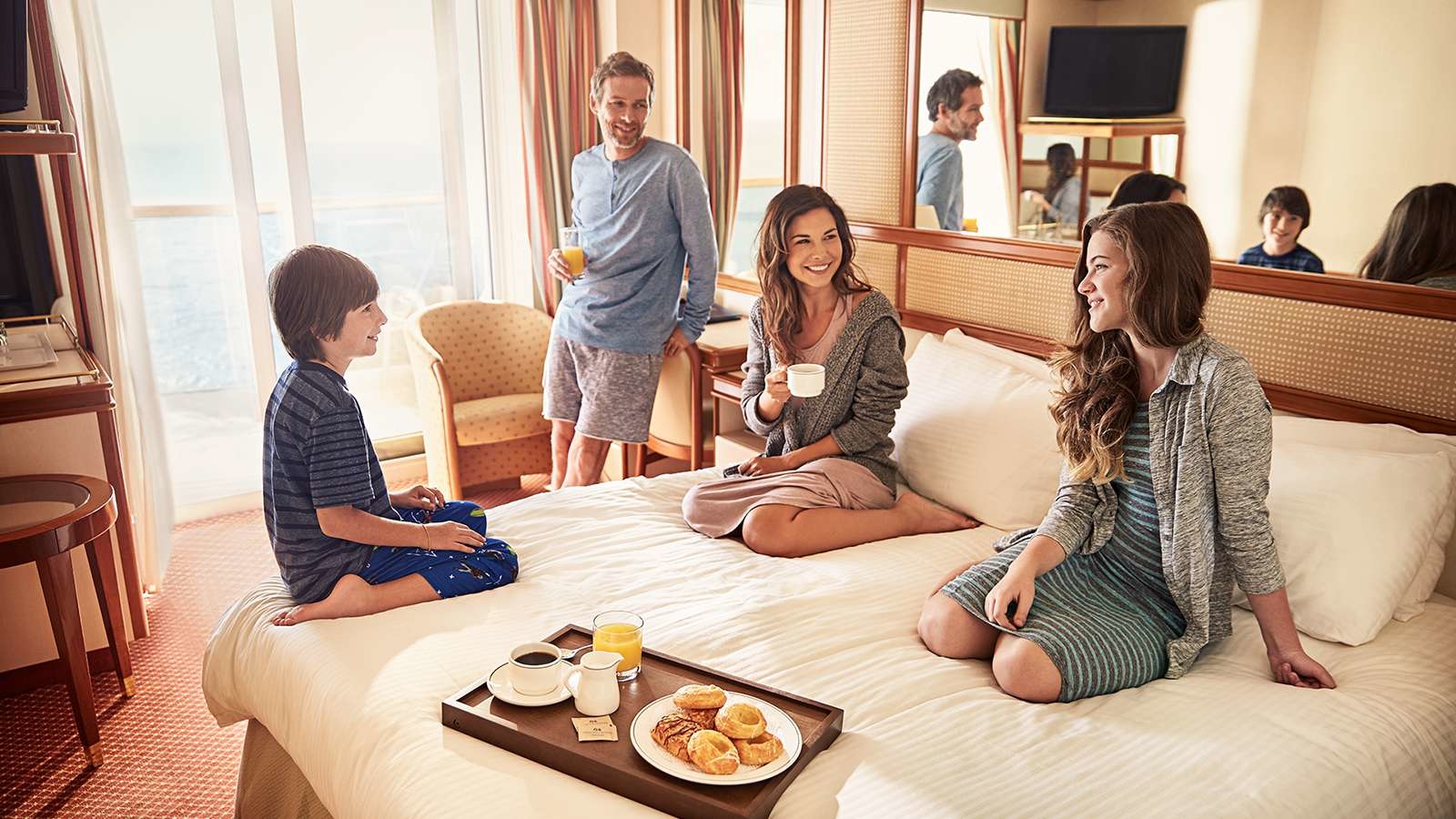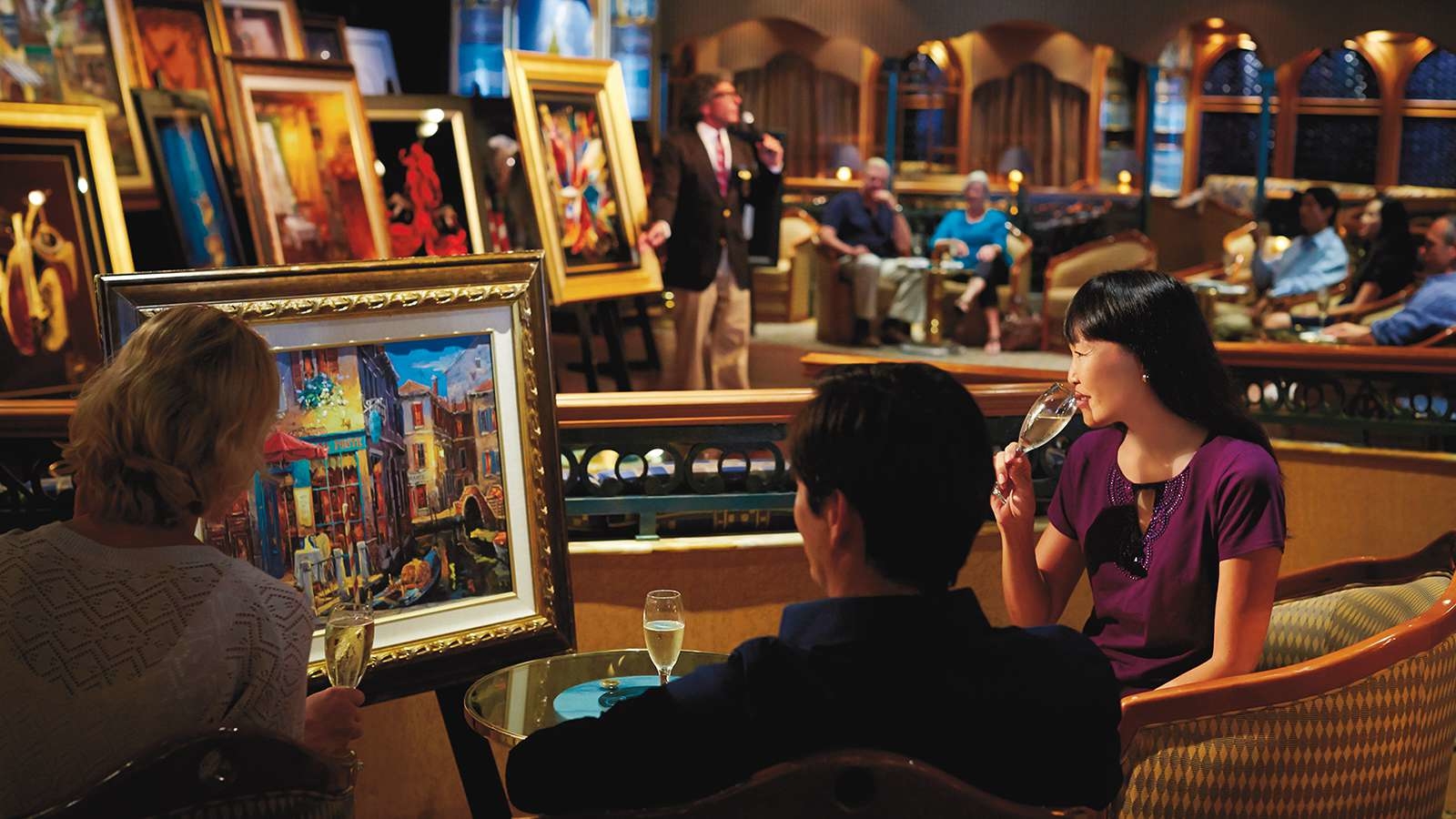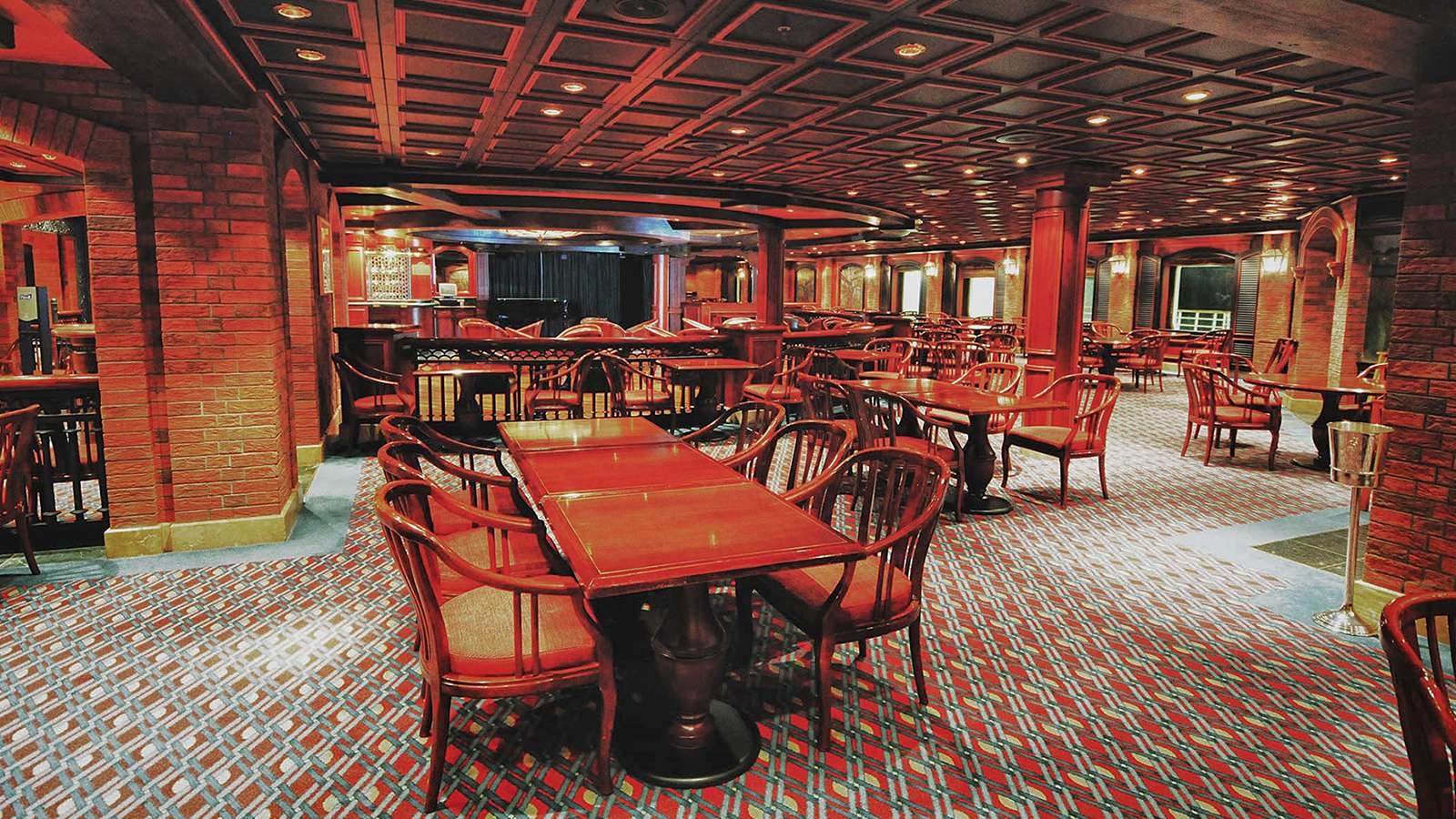Please complete the form below



According to the popular 1960 beach movie, Fort Lauderdale is “where the boys are.” The city’s reputation as America’s Spring Break capital, however, has been replaced with the more favorable image of a prime family tourist destination, attracting more than 10 million visitors annually. The most popular beach resort in Florida is even more rightly famed as the “Yachting Capital of the World,” with more than 40,000 registered crafts calling its waters home. The city also prides itself on being the “Venice of America” with more than 300 miles of navigable waterways. Fort Lauderdale boasts world-class theaters, museums, sightseeing, and shopping.
St. Maarten offers a delightful case of split personality. Legend has it that a Frenchman and a Dutchman divided ownership of the island through a walk-off: Standing back to back, the two headed in opposite directions, walking around the island until they met. Perhaps the Dutchman paused for a refreshing brew. At any rate, the French ended up claiming 21 square miles of the island to 16 square miles for the Dutch. This lively tale says much about St. Maarten’s easygoing ways. No formal boundary exists between the Dutch and French sides of the island; a simple welcome sign tells you when you cross from one country to the other. But the differences are as noticeable as the spelling of the island’s name. The French spell it St. Martin. And it’s this split personality that lends so much to the island’s charms, including an international reputation for the finest cuisine in the Caribbean.
Jagged volcanoes soaring above azure and turquoise seas, dense rainforests in myriad shades of green, rolling fields of sugarcane–welcome to St. Kitts. Along with its neighbor, Nevis, St. Kitts presents an exotic landscape more common to Polynesia than the Caribbean. The islands’ terrain, rich soil, and climate made them ideal locations for raising sugarcane. In fact, St. Kitts and Nevis were once the crown jewels of the Caribbean. During the 17th and 18th centuries, Spain, France and England vied for control of the islands, with the English finally winning out in 1787. Today, British and French heritage is evident on both islands. Basseterre, the capital of St. Kitts, boasts fine, restored colonial buildings. Impressive Brimstone Hill Fortress, called the “Gibraltar of the West Indies,” is one of the most impressive fortresses in the Caribbean.
Lying between Guadeloupe and Martinique is the island of Dominica–an unspoiled Caribbean paradise. The vibrant, rich rainforest is home to rare birds, including Sisserou and Jacquot parrots. Streams tumble down mountain slopes and thread fertile valleys on their short route to the sea. Dominica is also home to the last Carib Indians. When Columbus made landfall on his second voyage of discovery, this fierce tribe managed to keep the explorer at bay. And while the island proved a lure for both British and French planters, Dominica somehow managed to escape the trammels of civilization. This former British possession, independent since 1978, today lures visitors from around the world with its unspoiled beauty. As the islanders fondly say, “Apres Bondi, c’est la terre” (After God, it is the land). Tours may travel narrow, winding roads.
To the Arawak, Martinique was their treasured “isle of flowers.” Lying in the Lesser Antilles between Dominica and St. Lucia, the island is a tropical paradise of dense rain forest, rolling savanna and stunning beaches. The rich volcanic soil nourishes banana plantations and pineapple fields as well as mangoes, papayas, lemons, limes, and West Indian cherries. Little wonder that Columbus praised Martinique as the “best, most fertile, most delightful, and most charming land in the world.” Martinique’s cultural heritage is as rich and bountiful as its soil. The island has been governed by France for over three centuries. Today an overseas department of France, the island boasts a culture that is a unique and zesty blend of French, Caribbean, African and Middle Eastern influences, resulting in that spicy combination called Créole. Créole culture is reflected in Martinique’s architecture, cuisine, language, and music. For years the mayor of Fort-de-France was the internationally acclaimed Créole poet Aimé Césaire. Five centuries after Columbus made his landfall, Martinique remains a rare flower in the Caribbean.
Grenada is a Caribbean country comprising a main island, also called Grenada, and smaller surrounding islands. Dubbed the “Spice Isle,” the hilly main island is home to numerous nutmeg plantations.
Trinidad, the birthplace of steel pan and calypso music, is one of the Caribbean’s most vibrant and interesting destinations. The island and its capital city, Port of Spain, are both industrial and cosmopolitan. In fact, Trinidad and Tobago is the largest oil exporter in the Western Hemisphere and one of the most industrialized nations in the West Indies. About the size of Delaware, the island of Trinidad boasts a profusion of floral growth and an incredibly diverse population. Once a prime destination for business travelers, it is now becoming a serious vacation destination. There is plenty to see here, from the Asa Wright Nature Center, devoted to naturalists and bird watchers, to the more traditional tourist attractions like the Queen’s Park Savannah, the Royal Botanic Gardens, and the Magnificent Seven, a strand of impressive colonial houses reflecting Trinidad’s unique heritage. Port of Spain serves as your gateway to this lush tropical island with echoes of its colonial past.
Dutch influence still lingers on this balmy Caribbean island, part of the former Netherlands Antilles until its independence in 1986. Aruba is a contrast: the island’s arid interior is dotted with cactus and windswept divi-divi trees while secluded coves and sandy beaches make up its coast. Aruba’s long and colorful heritage is reflected in its dialect. Called Papiamento, it is a tongue that combines elements of Spanish, French, Portuguese, Dutch, African and English.
Bonaire is without a doubt a “diver’s paradise.” Its license plates even state the same. But there is much more to this small Dutch country of 15,000 residents. “Bon Bini,” as you will hear the friendly locals say, means “welcome to the island of Bonaire.” Bonaire is located off the coast of Venezuela and has for years been known as a world-class diving and snorkeling destination. Diving and snorkeling are still the predominant activities, but today there is also a variety of other activities to enjoy such as kayaking, bird watching, and other eco-tours. Because of the hot and arid weather, Bonaire has been a major producer of sea salt. Do not miss the “white mountains” waiting to be shipped out and the salt flats where the salt is evaporated from the Caribbean Sea, which also happens to be home to another icon of Bonaire-the pink flamingo. Explore the Dutch architecture of the capital Kralendijk, enjoy the pristine coral reefs, or tour the scenic countryside. Whatever you decide to do in Bonaire, you are sure to have a fantastic time.
According to the popular 1960 beach movie, Fort Lauderdale is “where the boys are.” The city’s reputation as America’s Spring Break capital, however, has been replaced with the more favorable image of a prime family tourist destination, attracting more than 10 million visitors annually. The most popular beach resort in Florida is even more rightly famed as the “Yachting Capital of the World,” with more than 40,000 registered crafts calling its waters home. The city also prides itself on being the “Venice of America” with more than 300 miles of navigable waterways. Fort Lauderdale boasts world-class theaters, museums, sightseeing, and shopping.
Coral Princess, with more than 700 balcony staterooms, was custom built to navigate the historic Panama Canal. Be sure to try the Bayou Cafe and Steakhouse, which features New Orleans-inspired Cajun and Creole cuisine, join friends for cocktails and Movies Under the Stars by the pool or try some decadent treats at the International Cafe.
Card Room
Golf Simulator
Library
Mini-golf course
Outdoor Pool
Shuffle Board
Swim-against-the-current lap pool
Ocean View Gymnasium
Tennis
Art Gallery
Atrium
Boutique
Duty-free shop
Future Cruise Sales
Medical Centre
Photo Shop
ScholarShip@Sea
Shore Excursion Office
Wedding Chapel
Writing Room
Children’s Play Area
Explorers Lounge
Movies Under the Stars outdoor theater
Photo Gallery
Princess Theatre
Show Lounges
Theatre
24-hour Buffet Bistro
24-hour Room Service
Bayou Café & Steakhouse
Bordeaux Dining Room
Churchill Lounge
Crooners Bar
Dining Room
Explorers’ Lounge
Grill
Horizon Court
Ice Cream Bar
Lobby bar & patisserie
Martini Bar
New Orleans Style Restaurant
Patisserie
Poolside Grill
Poolside Pizzeria
Princess Pizza
Provence Dining Room
Sabatini’s Italian Trattoria
Sabatini’s Italian restaurant
The Bayou Cafe
The Grill (burgers & hot dogs)
Wheelhouse Bar
Churchill Lounge
Lido Pool
Lotus Spa
Splash Pool
Whirlpool
Please complete the form below